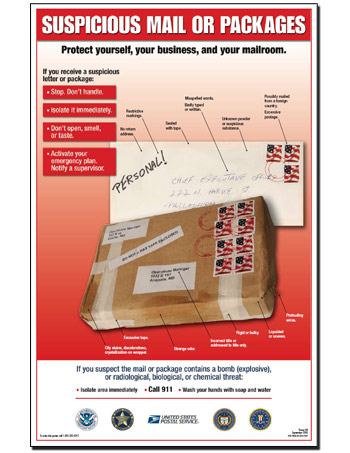FY 2013 Urban Areas Security Initiative (UASI) Nonprofit Security Grant Program (NSGP)
Key Dates and Time
This is why we suggested that you start your work. The application window will be very short. Download the preliminary PDF version by clicking FY 2013 NSGP Investment Justification Template and get going now! N.B. It’s a PDF document, you will have to copy your answers into the official Excel spreadsheet which will be available on the NY DHSES website when they post the application package no later than Tuesday, 05/28/2013.
- Application Start Date: In New York the NY DHSES needs to obtain certain clearances as required by the NY State contracting process before posting the application packet. It will be available no later than 05/28/2013. Click here to look at the NY DHSES website to see if the application package is posted.)
- Application Submission Deadline Date: In New York, the deadline will be June 10th.
- E-Grants registration. New York applicants must submit their grants through the E-Grants system. If you have a E-Grants account and remember your information you need not do anything else. If you need to be reminded of your account name and/or password, send a note to grants@dhses.ny.gov. New applicants must fill out an E-Grants Registration available in two formats: doc pdf
- Mission statement. We are in the process of reviewing the guidance. Thus far, we’ve noticed one change: a requirement that applicants submit their “mission statements.” If your organization does not have a mission statement we will post some samples by next week at www.jcrcny.org/securitygrants.
- Eligibility. You must be a 501(c)(3) organization located in an eligible area. New York City, Nassau, Suffolk and Westchester are eligible. No other counties in New York are eligible. For other states click here.
- Anticipated Funding Selection Date: 08/02/2013
- Anticipated Award Date: 09/30/2013
Total Funding Available in FY 2013: $10,000,000
Purpose: The FY 2013 NSGP provides support for target hardening and other physical security enhancements and activities to nonprofit organizations that are at high risk of terrorist attack and located within one of the specific UASI-eligible Urban Areas. While this funding is provided specifically to high-risk nonprofit organizations under The Department of Homeland Security Appropriations Act, 2013 (Public Law 113-6), the program seeks to integrate nonprofit preparedness activities with broader State and local preparedness efforts. It is also designed to promote coordination and collaboration in emergency preparedness activities among public and private community representatives, as well as State and local government agencies.
The FY 2013 NSGP plays an important role in the implementation of the National Preparedness System (NPS) as detailed in Presidential Policy Directive 8 (PPD-8) by supporting the development and sustainment of core capabilities. Core capabilities are essential for the execution of each of the five mission areas outlined in the National Preparedness Goal (NPG). The development and sustainment of these core capabilities are not exclusive to any single level of government or organization, but rather require the combined effort of the whole community. The FY 2013 NSGP supports all core capabilities in the Prevention, Protection, Mitigation, Response, and Recovery mission areas based on allowable costs.
Eligible Applicants: The State Administrative Agency (SAA) is the only entity eligible to apply to FEMA for NSGP funds on behalf of eligible nonprofit organizations (as described under section 501(c)(3) of the Internal Revenue Code of 1986). Eligible nonprofit organizations determined to be at high risk of a terrorist attack due to their ideology, beliefs or mission and located within one of the designated FY 2013 UASI-eligible Urban Areas must apply for funding through their SAA.
Program Awards: FY 2013 NSGP funds will be allocated based on risk analysis, effectiveness, and integration with broader state and local preparedness efforts. Each nonprofit organization may apply through their SAA for up to a $75,000 grant award.
Additional Information
- FY 2013 NSGP Funding Opportunity Announcement
- FY 2013 NSGP Fact Sheet
- FY 2013 NSGP Investment Justification Template
- FY 2013 NSGP Scoring Worksheet (to be completed by the SAA only)





